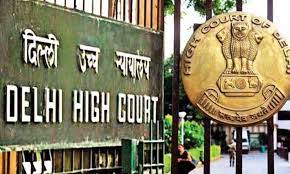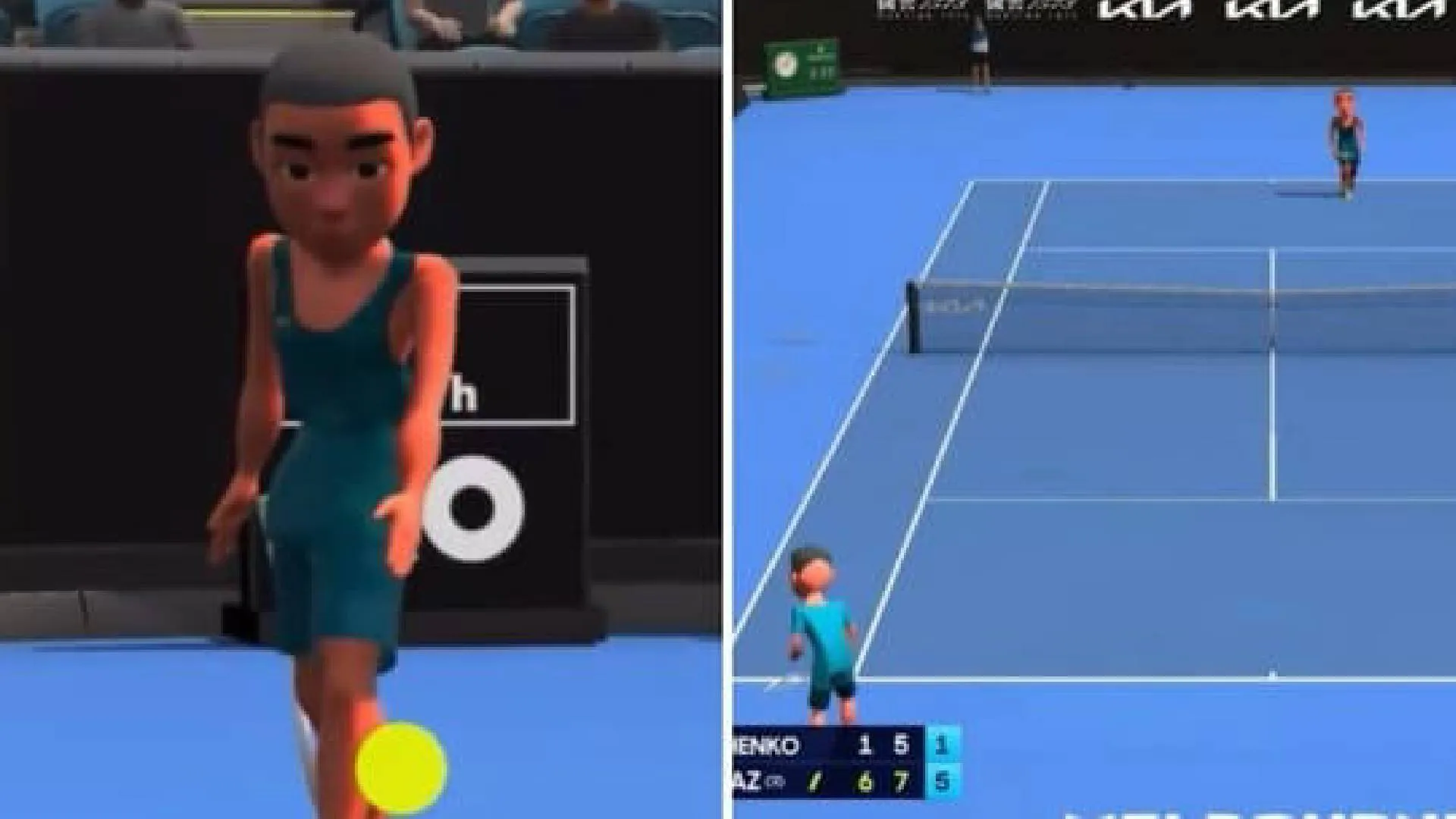While leaving no scope of ambiguity of any kind and taking a broad stand on the key question of whether the applicant has the discretion to choose High Court or Sessions Court for moving anticipatory bail, the Delhi High Court in a most learned, laudable, landmark and latest oral judgment titled Pankaj Bansal v. State (Govt of NCT Delhi) & Anr and other connected matter in Bail Appln. 2031/2023 CRL.M.A 16390-16391/2023 that was pronounced as recently as on June 9, 2023 has decisively ruled that the discretion of an applicant to choose either High Court or Trial Court for moving anticipatory bail plea cannot be restricted by construing Section 438 of CrPC narrowly. It must be noted that while analyzing the provision, a vacation Single Judge Bench of Hon’ble Mr Justice Chandra Dhari Singh said that there is no bar on approaching the High Court directly for seeking anticipatory bail and that both the courts have concurrent jurisdiction to deal with such cases. Hon’ble Mr Justice Chandra Dhari Singh made the key observations while granting interim protection to Pankaj Bansal and Basant Bansal in a money laundering case registered by the Enforcement Directorate in 2021.
At the very outset, this brief, brilliant, bold and balanced oral judgment authored by the Single Judge Bench of Hon’ble Mr Justice Chandra Dhari Singh of Delhi High Court sets the ball rolling by first and foremost putting forth in para 1 that, “The Applicant has approached this Court inter alia seeking anticipatory bail since the Applicant apprehends his arrest in connection with ECIR No. F. No. GNZO/10/2021 (hereinafter to be referred as “ECIR”) dated 15th June 2021 registered by the Enforcement Directorate (‘ED’) under Section 3 and Section 4 of the Prevention of Money Laundering Act, 2002 (hereinafter referred to as “PMLA”).”
FACTUAL MATRIX
To put things in perspective, the Bench envisages in para 2 that, “The background of the matter is that between the period of years 2018-2020, 13 FIRs were registered by certain allottees of two separate residential projects, ‘Skyon’ and Floors, plots and Villas, undertaken by the IREO Group, i.e., M/s IREO Pvt. Ltd. and M/s IREO FiveRiver Pvt. Ltd., respectively, on the ground of delay in handing over/delivery of possession of apartments/ commercial units. There were no specific allegations against the Applicant, his family members, the M3M Group or any of its entity in the said FIRs.”
Further, the Bench points out in para 3 that, “While investigation into the said FIRs against the IREO Group of Companies, the Respondent/ED came to register the ECIR No. F.No. GNZO/10/2021 on 15th June 2021. In this ECIR as well, the applicant or the M3M Group of Companies were not arrayed as accused and no allegations were levelled against them.”
As it turned out, the Bench then mentions in para 4 that, “Thereafter, on 14th January 2022, the Respondent filed a Prosecution Complaint bearing registration No. 01/2022 titled ‘Asst. Director, Directorate of Enforcement vs. Lalit Goyal & Ors’ against 7 accused under Section 200 of the CrPC and Section 44 and 45 of the PMLA for offences under Section 3 read with Section 70 punishable under Section 4 of PMLA and subsequently, the number of FIRs also raised from 13 to 30.”
As we see, the Bench then discloses in para 5 that, “On 21st January 2022, the learned Special Judge (PMLA), Panchkula, Haryana took cognizance of the Prosecution Complaint filed by the respondent.”
Furthermore, the Bench then also lays bare in para 6 mentioning that, “On 12th May 2023, the Respondent issued summons no. PMLA/SUMMON/GNZO/2023/439 to the M3M India Pvt. Ltd. calling upon it to appear to provide information and documents pertaining to transactions of M3M with certain companies. The Applicant has never been issued summon by the respondent.”
More revealingly, the Bench then reveals in para 7 that, “On 1st June 2023, the Respondent along with other officials carried out raised on properties belonging to the M3M and its Group Companies including the undernamed premises:
a. Registered office at M3M IFC, Tower A, Sector 66, Gurugram.
b. CRM Office at M3M, UBP, 7th Floor, Sector 67, Gurugram.
c. Head Office of Smart World at M3M IFC, Tower-B, Sector 66, Gurugram (Group Company of M3M).
d. Residential premises of the Applicant and other family members being 31st, 32nd and 34th Floors, St. Andrews, Sector 65, M3M Golf Estate, Medawas (85), Gurugram, Haryana – 122101.”
Of course, the Bench then specifies in para 8 that, “In pursuance of the raids and inquiry, the respondent also seized numerous assets, including cars, cash, jewellery etc. and also issued letters to bankers of M3M and its Group Companies directing that various bank accounts of the Company and its group concerns be marked as ‘debit freeze’ accounts.”
Do note, the Bench notes in para 9 that, “The Applicant, along with Roop Kumar Bansal and Basant Bansal and M3M, through its authorized representative, approached this Court under Article 226 of the Constitution of India in W.P. (Crl) No. 1751/2023 seeking protection against the respondent.”
As a corollary, the Bench observes in para 10 that, “Therefore, the applicant has grave apprehension that the respondent will arrest him as well in relation to the above said cases.”
ANALYSIS AND CONCLUSION
Needless to say, the Bench states in para 43 that, “It has been contended by the respondent that there the Applicant should have approached the Court of Sessions first for the Bail Application.”
Be it noted, the Bench notes in para 44 that, “Before delving into the analysis, the relevant portion of Section 438(1) of CrPC has been reproduced below to enunciate the scope of jurisdiction of this Court for entertaining the Anticipatory Bail:
“438. Direction for grant of bail to person apprehending arrest.
(1) When any person has reason to believe that he may be arrested on an accusation of having committed a non- bailable offence, he may apply to the High Court or the Court of Session for a direction under this section; and that Court may, if it thinks fit, direct that in the event of such arrest, he shall be released on bail.””
Most significantly, the Bench mandates in para 45 propounding that, “It is clear upon perusal of Section 438(1) of Cr.P.C, that the provision gives concurrent jurisdiction to both the Court in entertaining an Anticipatory Bail Application. There is no bar on approaching this Court directly under Section 438 of CrPC for the purpose of bail. It is discretionary for the Applicant either to approach the High Court or the Court of Session. There is no restraint cast upon the Applicant to approach this Court first. It is based upon the discretion of the Applicant which Court they want to approach since both the Court have concurrent jurisdiction and the same cannot be restricted by construing the provision of Section 438 of Cr.P.C. narrowly. Section 438 is a procedural provision that is concerned with the personal liberty of the individual, who is entitled to the benefit of the presumption of innocence since he is not, on the date of his application for anticipatory bail, convicted of the offense in respect of which he seeks bail. An over-generous infusion of constraints and conditions not to be found in Section 438 can make its provision constitutionally vulnerable since the right to personal freedom cannot depend on compliance with unreasonable restrictions. The beneficent provision contained in Section 438 must be saved, not jettisoned. These observations have been made in the context that earlier the view taken was that the power of granting anticipatory bail was somewhat extraordinary in character and in exceptional cases it should be granted.” Quite naturally, the Bench then holds in para 46 that, “Therefore, this Court is of the view that this Court has the jurisdiction to entertain the bail application under Section 438 even when the applicant has not approached the Court of Sessions first.”
While citing the relevant case law, the Bench postulates in para 48 that, “It is submitted by the Applicant that the twin conditions under the PMLA are not attracted against the Applicant herein in the given fact and circumstances. Moreover, the test is not in itself absolute in cases of anticipatory bail, in light of the judgment of this Court in Vijay Agrawal (Supra). In the said case, it was held as under:
“30. The jurisprudence of the bail positively lays down that a liberty of a person should not ordinarily been interfered with unless there exist cogent grounds. Despite, the twin conditions, it is not necessary that at the stage of bail, the Court has to come to the conclusion that the Applicant is not guilty for such an offence. The Court is at the stage of has to examine the case on the scale of broad probabilities. The Court at this stage is required to record an objective finding on the basis of material available on record and no other purpose.
33. It is an admitted case that the Applicant was not an accused in the predicate offence. The Applicant’s name also did not appear in the ECIR and in the first complaint filed by the E.D the name or role of the accused was not mentioned. It may again be reiterated even at the cost of the brevity that even as per the Vijay Madanlal Choudhary (Supra) though, the twin conditions provided under Section 45 of 2002 Act, restrict the right of accused to grant of bail but cannot be said that the conditions provided under Section 45 impose absolute restraint on the grant of bail. It is a settled proposition that the discretion vested in the Court has to be exercised in accordance with the law and has to be guided by the principles of law.
35. In the present case, the Applicant is stated to be renowned developer and his plea that he did not know that he is dealing with the tainted money cannot be brushed aside mechanically. If the liberty of an individual is concerned, the Court cannot proceed merely on the basis of assumptions and presumptions. The evidentiary value of the statement recorded under Section 50 of PMLA has to be tested at the end of the trial and not at the stage of bail. The twin conditions of Section 45 do not put an absolute restrain on the grant of bail or require a positive finding qua guilt.””
It is worth noting that the Bench notes in para 49 that, “There is no doubt that in order to link any accused with the offences under the PMLA, the twin test must be satisfied. In the instant case, the respondent/ED has yet not been able to show whether that the Applicant has been charged with or even linked to the Scheduled Offences as provided under the PMLA.”
It definitely cannot be glossed over that the Bench then enunciates in para 54 that, “Therefore, in the above facts and circumstances, the totality of the matter, the fact that the Applicant has not been named in the ECIR and that the respondent has not yet been able to implicate the Applicant in any of the Scheduled Offences under the PMLA, as well as it is an admitted fact that Applicant in the present case has not even been summoned by the respondent. Therefore, in the interest of justice as well as considering the entirety of the matter and the mandate of Article 21 of the Constitution of India, this Court is of the considered opinion that the Applicant may be granted interim protection till the next date of hearing.”
For sake of clarity, the Bench clarifies in para 56 that, “It is clarified that all the observations contained in this order are only for the limited purpose of adjudication qua interim protection and shall not prejudice the final outcome in any manner.”
In addition, the Bench clarifies in para 57 that, “The learned counsel appearing on behalf of the respondent seeks and is granted one week’s time to file Status Report as well as other documents he may wish to file to support his arguments. The learned counsel for the petitioner is also granted one week’s time, thereafter, to file reply, if any.”
Still more, the Bench directs in para 58 that, “List before the Roster Bench on 5 th July, 2023.”
Finally, the Bench concludes by holding in para 59 that, “The order be uploaded on the website forthwith.”
In sum, we thus see that the Delhi High Court has made it indubitably clear that the discretion to choose High Court or Sessions Court for moving anticipatory bail can’t be restricted by a narrow interpretation. So it is a no-brainer that the Courts must not make a narrow interpretation and comply with as accordingly directed by the Delhi High Court in this leading case. No denying it!

















